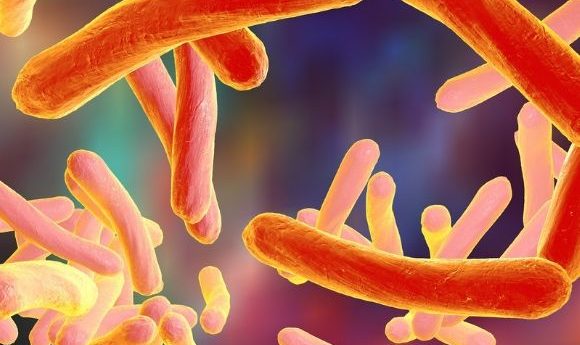Phage endolysin has potential as an effective treatment for bacterial vaginosis

Researchers have discovered that a specific phage endolysin could be utilized to treat bacterial vaginosis, without the need for antibiotics.
A research and development team at PhagoMed Biopharma GmbH (Vienna, Austria) have proposed the use of a phage endolysin for the treatment of bacterial vaginosis.
Phages are viruses that solely infect and replicate within bacteria. Phage endolysins are a type of enzyme that degrade the cell wall of bacteria, a characteristic that can be exploited to treat bacterial infections.
The team isolated an endolysin which is specific to Gardnerella, the bacteria responsible for causing bacterial vaginosis. Endolysins can be utilized in isolation as a treatment against bacterial infections. They are typically effective against a limited subset of bacteria meaning they have high selectivity, destroying only the desired bacteria without affecting the rest of the microbiome.
“Bacteria of this genus are regarded as critical for the formation of bacterial vaginosis. Bacterial vaginosis affects between 10% and 30% of women worldwide, making it the most frequent vaginal infection and one of the top reasons for antibiotic prescriptions,” explained PhagoMed co-founder Lorenzo Corsini.
- Bacteria hibernation: a new method for antibiotic tolerance
- Stockpiling, sharing and shopping for antibiotics: a hazard to public health
- Strike, counterstrike: the evolving interplay between bacteria and bacteriophage
Antibiotic resistance is a growing problem; in part, due to the over prescription of antibiotics. There are several strains of bacteria that antibiotics can no longer effectively treat. This issue means that researchers are now focused on developing alternatives to antibiotics. Phage endolysins are ideal candidates, as they can effectively destroy specific bacterial populations.
“Phages and endolysins offer effective alternatives to antibiotics blunted by bacterial resistance, and they work very precisely without destroying the natural microbiome. What’s more, they can combat bacteria in impenetrable biofilms, where antibiotics are ineffective independently of resistances,” emphasized Corsini.
PhagoMed have genetically engineered the isolated Gardnerella-specific endolysin, optimizing it for the treatment of bacterial vaginosis. Subsequently, the company have filed a patent application for this class of endolysin, as well as creating a team dedicated to the development of treatments utilizing phage endolysins.
While phage endolysins have potential as alternatives to antibiotics, these findings are still preliminary. More research is needed, as well as future clinical trials before phage endolysins can be utilized for the safe and effective treatment of bacterial infections in humans.





